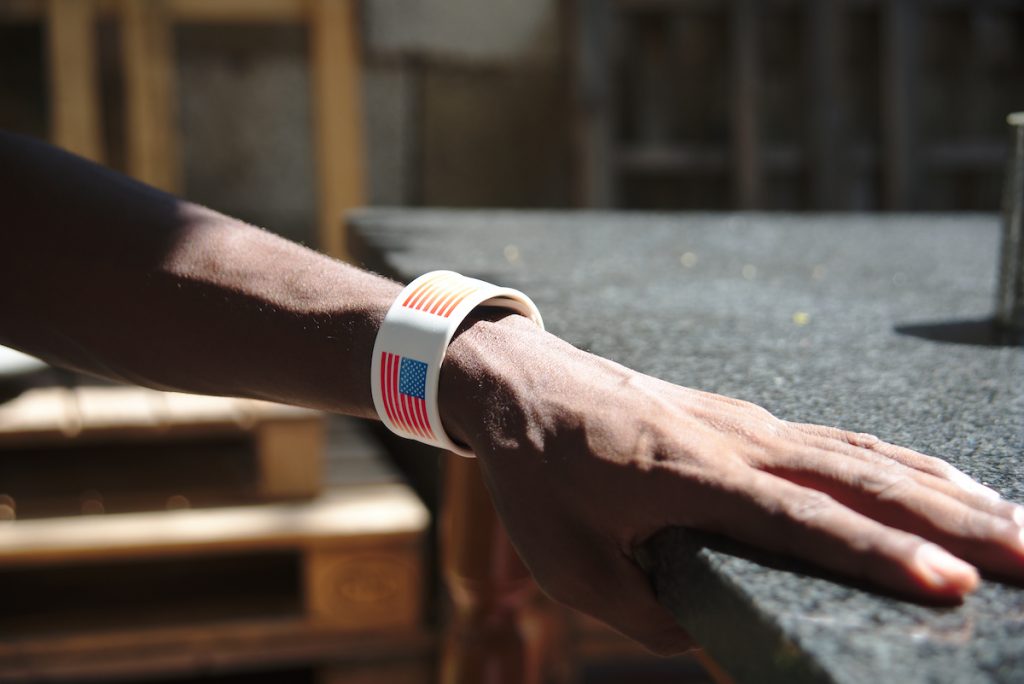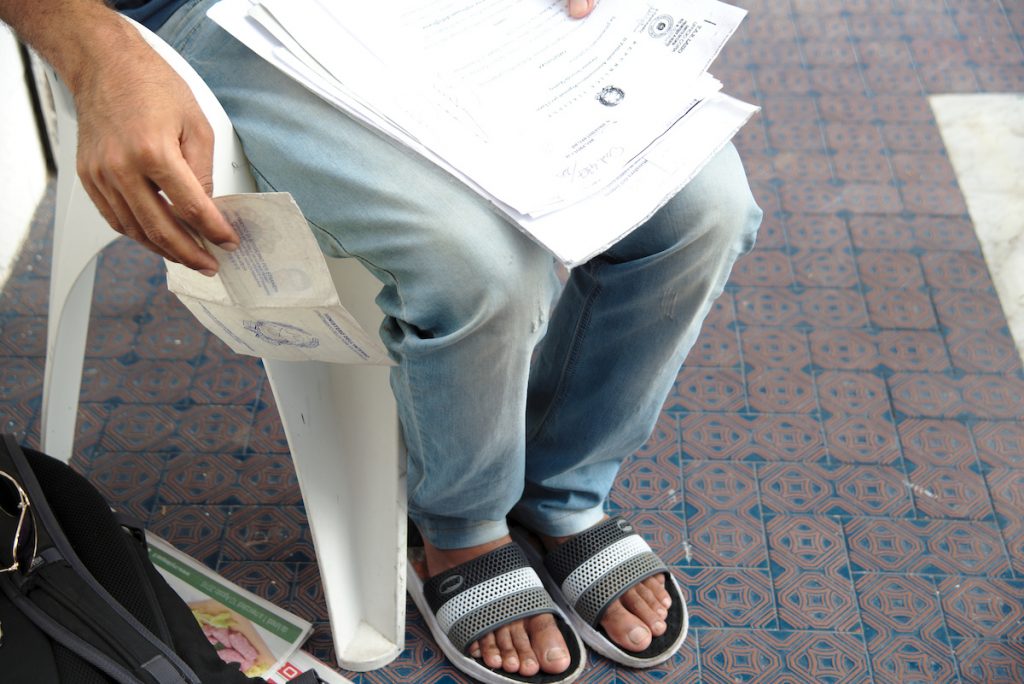
From Greece, I made my way to the South of Italy. The majority of refugees and asylum seekers have made their journey from Libya to Sicily, where those that are registered are sent to various centres in Italy. Violence takes many forms and I am hoping to shed a light at how institutions and governments policies alike are inflicting psychological violence. When refugees come to our shores have already experienced displacement, violence and trauma. They need safety and security, yet they often encounter bureaucratic walls, violent policies that detain, force them to live in a limbo for months on end and deny them of psychological, physical support. I spent some time at the Centro Astalli Sud and Rodopa in Battipaglia where refugees, mostly from Africa have been transferred from Sicily. I learned of the painful ordeals of an existence in fear of being killed in conflict, wars, extreme poverty and hunger. For many, there was no way out but to flee. Fleeing conflicts and extreme poverty, many had endured further torture, segregation in Libya and a constant fear for their lives, then the ordeal of the journey on unsafe boats to encounter more violence and destitution as they arrive in Europe.

Many are left dealing with their psychological scars in detention, bureaucratic nightmares and continuous limbo conditions. According to UNHCR, by mid-November, 164,695 migrants and asylum seekers reached Italy by sea (2016). Many are unable to move, look for work until permits are processed and are generally sent to various centres in the country. Rejection rates have increased in comparison to the previous year and border controls have intensified. Most asylum seekers live in temporary emergency facilities. Some of these inadequate, with overcrowding and lack of security. Italy has been seeking negotiation to facilitate deportation of refugees in particular with Libya.